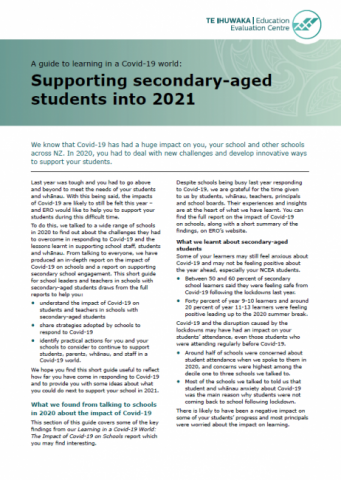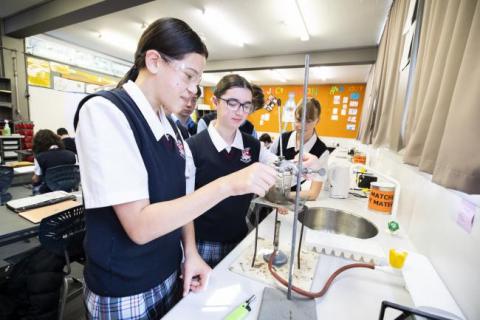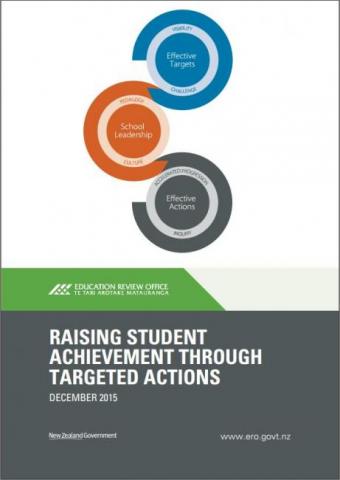Seven Christchurch schools work together to make a difference for their learners
Published: 10 May 2021
The Education Review Office (ERO) has today launched a report showing how seven Christchurch schools improved outcomes for learners through innovation and working together.
The group of schools, forming a community of practice called Kahukura, identified a need in their community to better support their students’ wellbeing and learning.
- Audience:
- Academics
- Education
- Schools
- Content type:
- News article
- Topics:
- Collaboration
- Decision making
- English-medium
- Evaluation
- Guidance
- Improvement
- Intermediate
- Internal evaluation
- Knowledge building
- Primary
- Relationships
- School leaders
- Schools
- Secondary
- Students
- Teachers | Kaiako
- Teaching
- Te Ihuwaka | Education Evaluation Centre


















